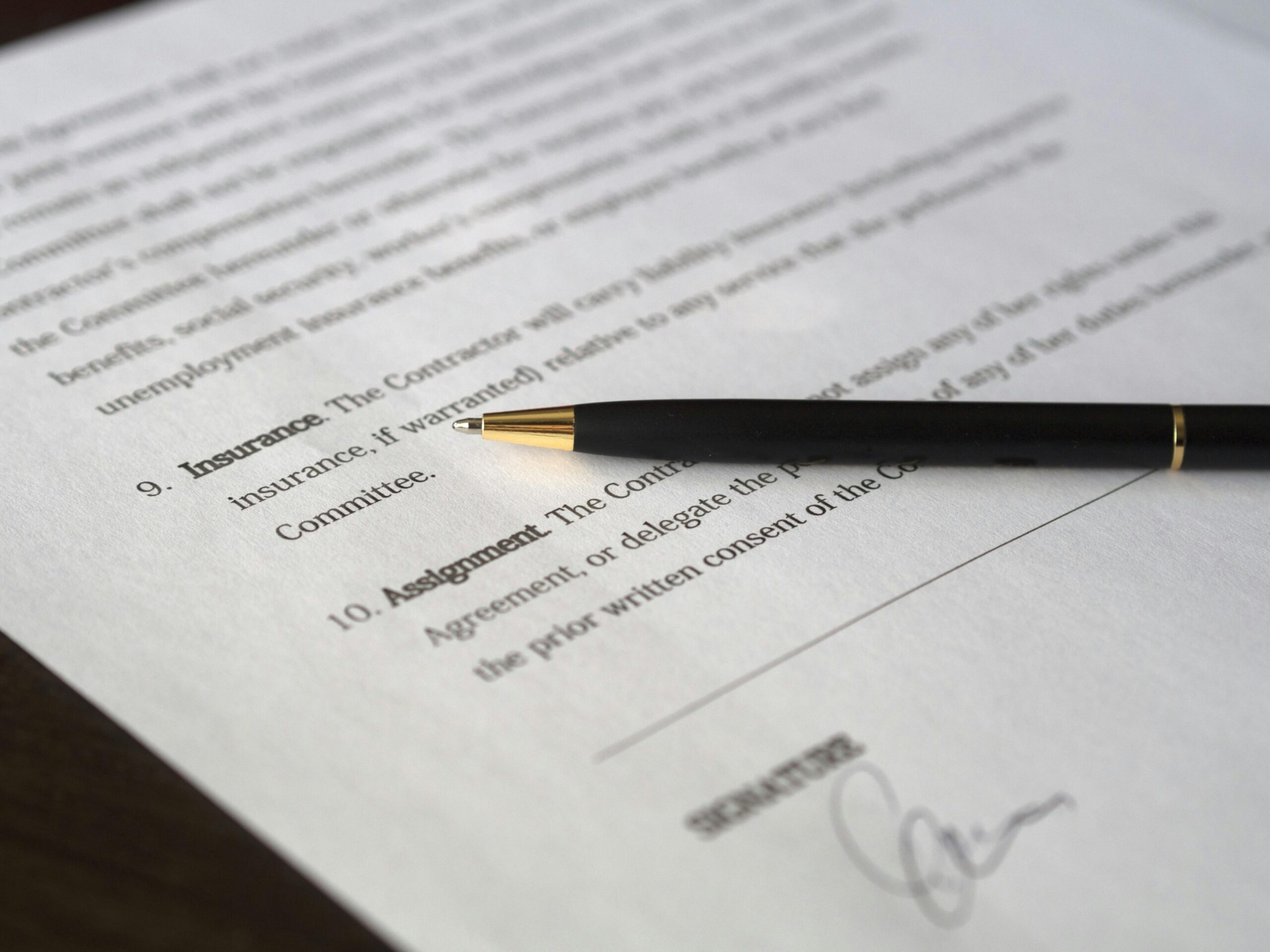
Teen labor crackdowns in fast food chains: What to know has become a headline-grabbing topic as investigations reveal widespread child labor violations across the fast food industry. Recent reports and enforcement actions show young workers being assigned dangerous jobs, working too many hours, and facing serious risks to their well-being.
Employers in the restaurant industry, particularly large restaurant chains, are under pressure to ensure compliance with federal child labor laws and protect young people from exploitation. Below, we break down the scope of the issue, the laws involved, recent high-profile cases, and what businesses must do to avoid violating child labor laws.
Background on Child Labor Violations
Federal Child Labor Laws
The Fair Labor Standards Act (FLSA) governs federal child labor laws in the U.S. It sets limits on the types of work minors can perform, the hours they may work, and the minimum age for employment.
For example, the law prohibits children under 14 from most non-agricultural work. Teens aged 14 and 15 can work limited hours outside school and cannot work in hazardous occupations. Those 16 and 17 can work longer hours, but are still barred from certain dangerous jobs and hazardous equipment.
State Child Labor Laws
States often have their own child labor laws that add further restrictions or requirements, such as work permits or stricter hour limits. For example, South Carolina has specific rules about minors working in restaurants and other industries.
Employers must comply with both federal and state standards. If the two differ, the stricter rule applies.
Scope of Child Labor Law Violations
Recent Crackdowns in the Fast Food Industry
The fast food industry has faced growing scrutiny for child labor law violations. Investigations by the Labor Department’s Wage and Hour Division have uncovered minors operating dangerous equipment like deep fryers, working longer hours than permitted, and performing hazardous occupations.
High-profile restaurant chains have been fined for child labor, including McDonald’s and Burger King franchise operators. These cases reveal systemic issues in hiring practices and training, as well as failures to monitor franchisee compliance.

Data on Violations
According to the Department of Labor, in fiscal year 2021, the division found 2,819 minors employed in violation of the law. These violations include overworking minors, assigning them dangerous jobs, and ignoring required work permits.
Enforcement records show that labor shortages have contributed to this problem. Faced with difficulty filling jobs, some employers have cut corners, leading to widespread child labor abuses.
High-Profile Enforcement Actions for Child Labor Abuses
The law and the Associated Press both have strict guidelines for such actions. Here’s a quick look at these details:
McDonald’s
McDonald’s franchisees have been cited and fined for child labor after investigators found minors working excessive hours and using dangerous equipment. These violations highlight failures in training and supervision.
Burger King
Similarly, Burger King franchise locations have faced penalties for violating child labor laws, including allowing minors to work too many hours or in prohibited roles.
Migrant Children and Labor Abuses
Reports have also highlighted migrant children working in fast food and other industries, sometimes without proper documentation or work permits. These children are particularly vulnerable to wage theft, exploitation, and unsafe conditions. In some cases, you might also want to sue your boss for national origin discrimination, but you need to know your options first.
The Role of the Labor Department’s Wage and Hour Division
The Wage and Hour Division of the Labor Department is the primary federal agency enforcing child labor laws. It conducts investigations, issues fines, and works to ensure employers correct violations.
When the Wage and Hour Division finds child labor law violations, penalties can include civil fines and legal action to recover back pay in cases of wage theft.
Employer Obligations and Compliance During Teen Labor Crackdowns
Ensuring Compliance
Employers in the fast food and restaurant industry must take proactive steps to ensure compliance with child labor rules. This includes understanding both federal child labor laws and any stricter state child labor laws.
They must verify work permits when required, carefully schedule young workers to avoid overworking minors, and train staff to prevent assignments involving dangerous jobs or hazardous equipment.
Monitoring Franchisees
Large restaurant chains need strong compliance programs for franchisees. Failure to monitor franchisee labor practices can lead to brand damage and legal liability for child labor violations.
The Impact of Labor Shortages
Pressures on the Industry
Labor shortages in the fast food industry have increased pressure on employers to fill jobs quickly. In some cases, this urgency has led to illegal hiring of minors, assigning them longer hours, or placing them in dangerous jobs.
While young workers are an important part of the restaurant industry workforce, their employment must follow the law to protect their well-being.
Penalties for Violating Child Labor Laws
Fines and Legal Consequences
Employers violating child labor laws can face steep fines per violation. The Labor Department’s Wage and Hour Division can also require employers to pay back wages if wage theft is involved.
Beyond financial penalties, businesses risk reputational damage, consumer backlash, and stricter future oversight.
Examples of Recent Penalties
Many large brands have seen franchisees fined for child labor violations in the thousands or tens of thousands of dollars. These fines often reflect multiple violations across many young people working in dangerous jobs or too many hours.
Best Practices for Employers
Understand the Law
Employers must stay up to date on federal child labor laws and state child labor laws. They should review restrictions on hours, types of jobs, and age limits.
Train and Supervise
Managers must be trained to schedule young workers lawfully and prevent assignments involving dangerous equipment or hazardous occupations.
Maintain Records
Accurate documentation of employee ages, work permits, and scheduled hours is essential for avoiding violations and proving compliance in any investigation.
Conclusion: Teen Labor Crackdowns in Fast Food Chains: What to Know
Teen labor crackdowns in fast food chains: What to know reflects a growing awareness of serious child labor violations in the fast food industry. With rising penalties and public scrutiny, employers must prioritize compliance with federal child labor laws and protect the well-being of young workers.
By understanding the Fair Labor Standards Act, state rules, and enforcement trends, businesses can avoid costly fines, safeguard their reputations, and provide safe, lawful employment opportunities for young people.
Need Legal Help With Child Labor Compliance?
Contact the Bourassa Law Group today for clear, practical advice on avoiding child labor violations, managing young workers legally, and ensuring your business meets all federal and state requirements. Protect your company—and your employees—the right way.





